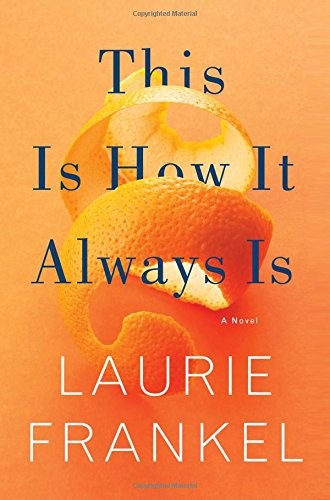A transgender child in fiction
Beautifully honest, this novel blurs the line between fiction and reality.
A few days before they let their son Claude go to kindergarten in a dress and fairy wings, Penn says to Rosie: “This is how it always is. You have to make these huge decisions on behalf of your kid, this tiny human whose fate and future is entirely in your hands, who trusts you to know what’s good and right and then to be able to make that happen.” Claude is the youngest of five boys, and Penn’s statement reflects the wary honesty that many parents will recognize as a universal phenomenon. But raising a child whose gender identity doesn’t match her biology is uniquely challenging, and these challenges begin to surface as Penn elaborates:
You never have enough information. You don’t get to see the future. And if you screw up, if with your incomplete, contradictory information you make the wrong call, well, nothing less than your child’s entire future and happiness is at stake. It’s impossible. It’s heartbreaking. It’s maddening. But there’s no alternative.
The rest of the novel portrays the impossible, heartbreaking, maddening dance of the whole family as Claude lives into her new identity as Poppy. It’s an endearingly quirky family, one that seems almost too good to be true. Rosie and Penn make large sacrifices for their child, including at one point moving across the country. They get the rest of the children on board with their efforts to protect and nurture Poppy. They thoughtfully ponder (and sometimes live out) various alternatives: secrecy versus openness, pre-adolescent hormone blockers versus waiting for post-adolescent medical intervention, warning Poppy that she’s different from most girls versus letting her continue to believe that her body is the same as those of her friends.





